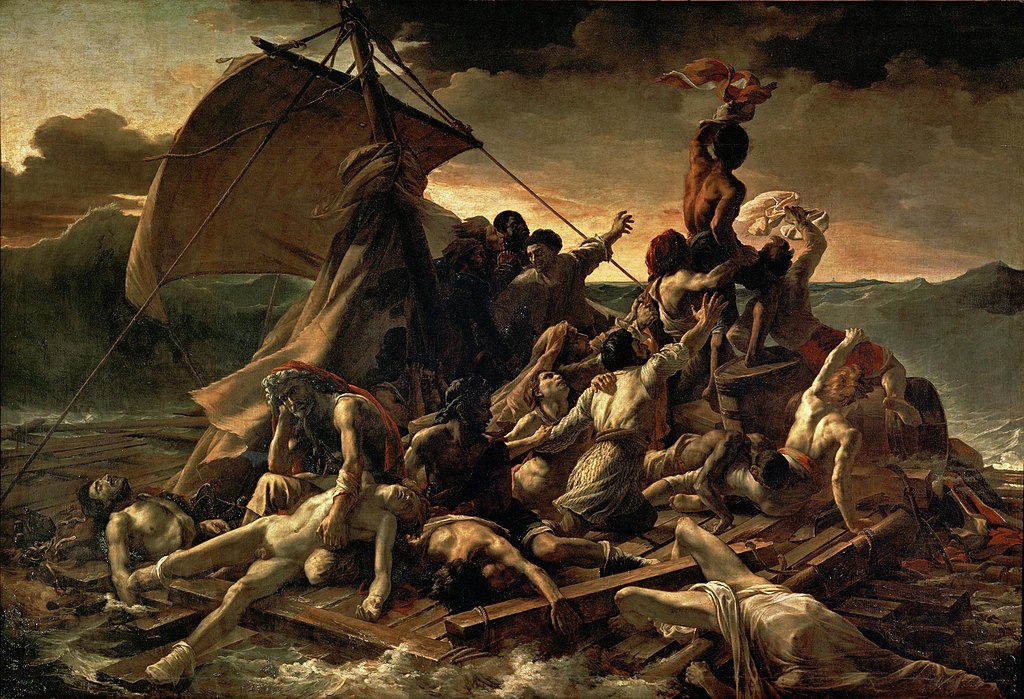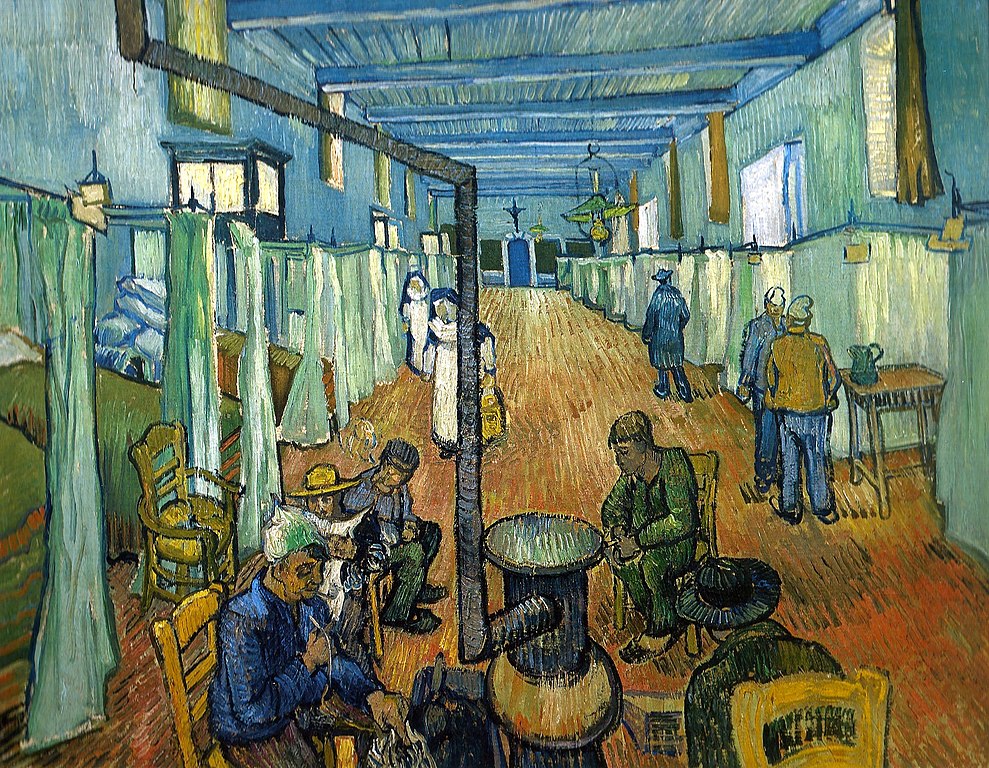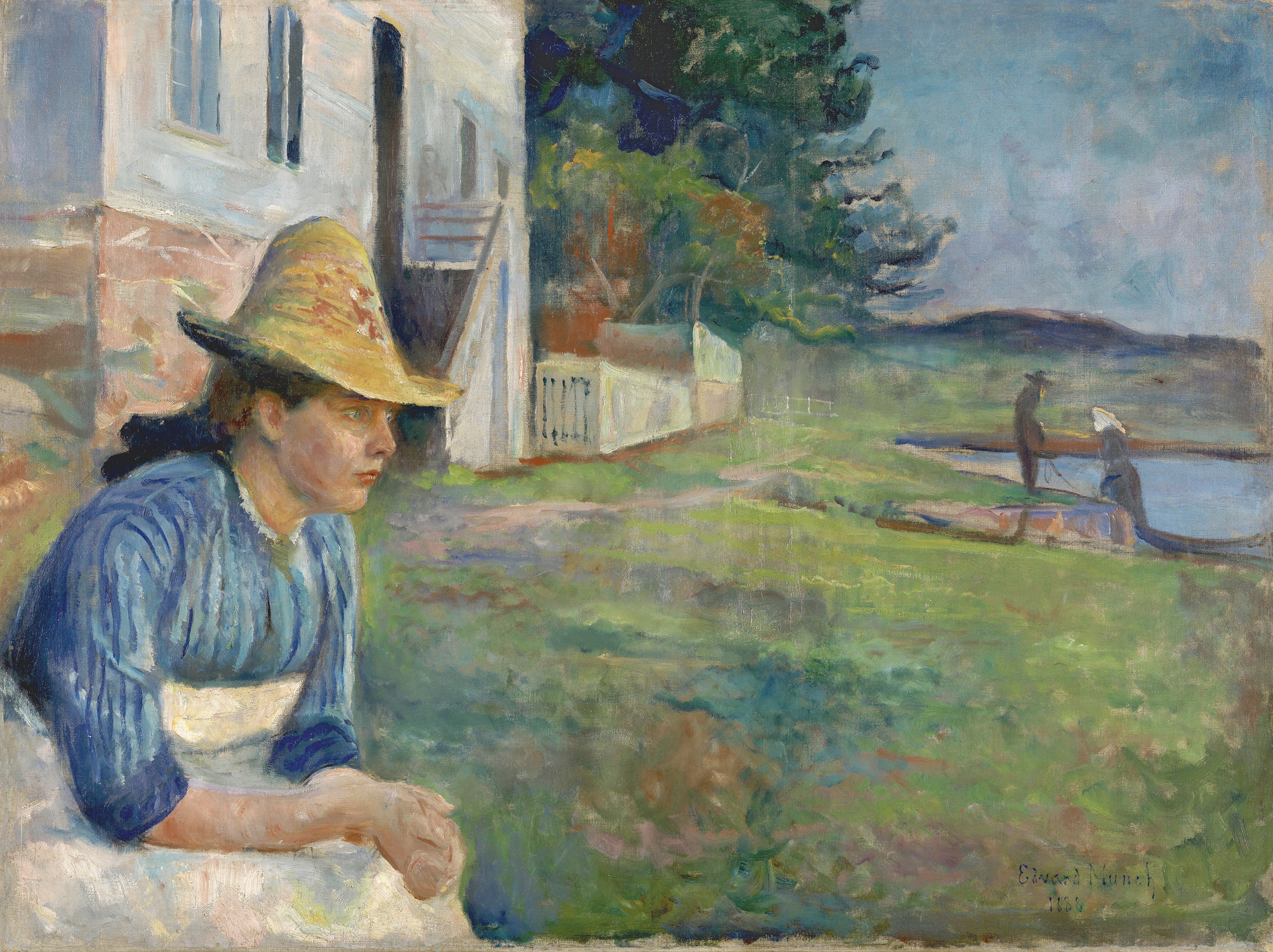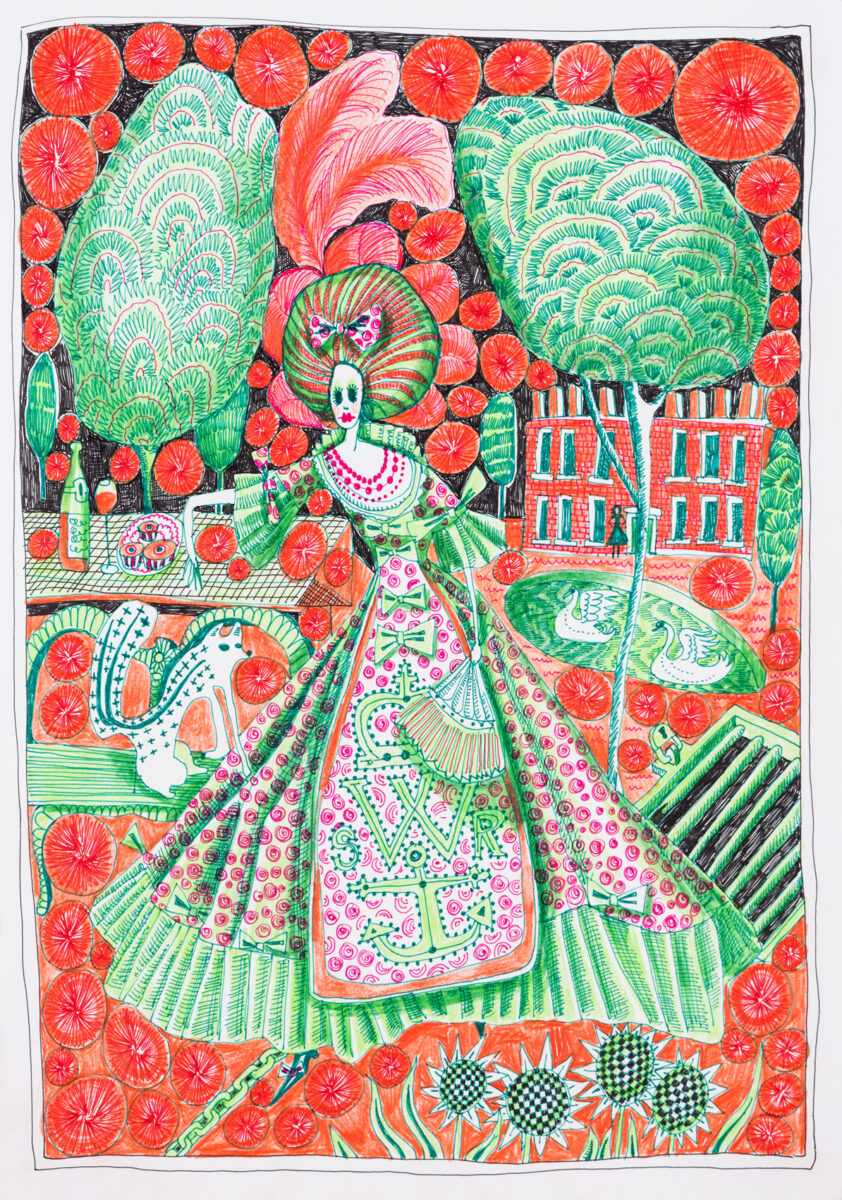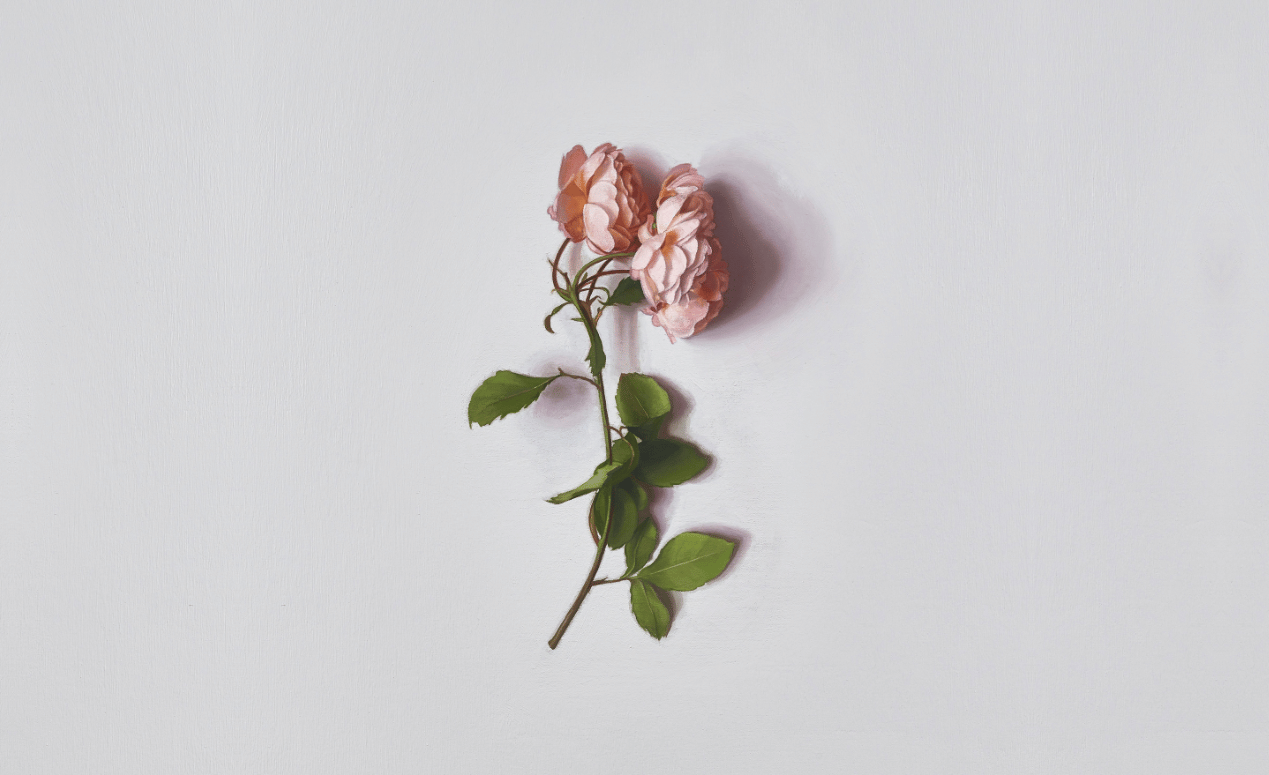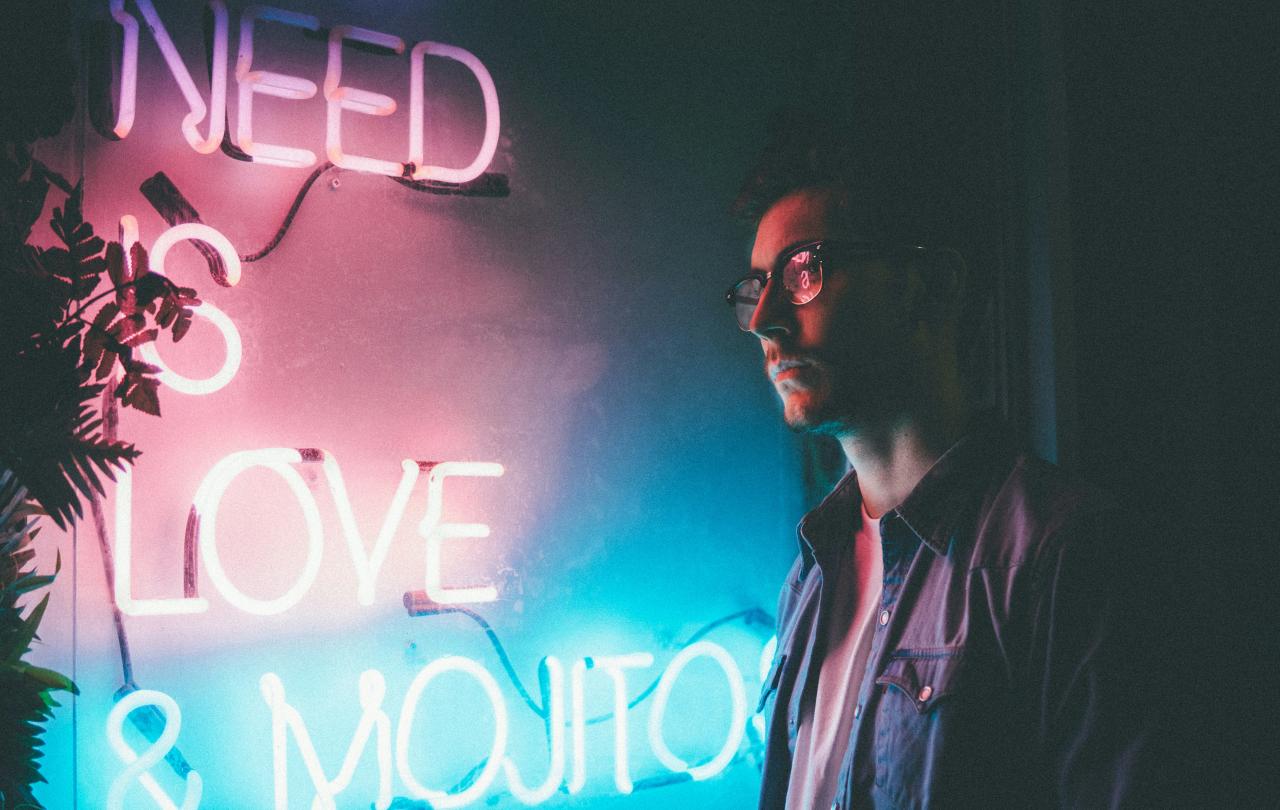
Over Easter, Christians contemplate the love that the cross represents. But what does love mean now, in the world as it is – and how do we live it?
Love is one of those words that feels easy to say but hard to live. Like interdependence, like justice, like forgiveness. It is a word that can quickly get bent out of shape – mistaken for romance, twisted into desire, flattened into niceness, reduced to an emotion or a feeling. Still, we reach for it, or an approximation of it. We know we need it; we know it is a good and important thing. And yet for something so important we are never taught how to do it. Author and critic bell hooks (sic) said, “schools for love do not exist. Everyone assumes that we will know how to love instinctively.”
The times we live in, though, are calling out for people who know how to love – for people who love well and who love much and who love like it has the power to heal and guide us – because the times we live in ask a lot. The forces and systems and ways of being that we’re so entangled with now are, I think, strengthened by lovelessness. Never-enough consumption, divisive politics, ruthless economics are all bolstered by lovelessness — by loneliness and othering and fear and greed. Still, like hooks, I think we “yearn to end the lovelessness that is so pervasive in our society.” She goes on: “To open our hearts more fully to love’s power and grace we must dare to acknowledge how little we know of love in both theory and practice…”
Sometimes though, it seems Christians are as clueless about how to love as anyone.
Christians should know something of love in theory and in practice. In the Bible, love is a command, love overcomes death, love serves, love lays down its life, love is God. Love is the cornerstone of all of it. Jesus calls another world into being when he tells his followers to not only love their neighbours, but to love their enemies too. He was consistently community-oriented in his teaching and living and loving, demonstrating love for his closest companions as well as for strangers and social outcasts. Love in the gospel is practical, unromantic, beautiful.
Sometimes though, it seems Christians are as clueless about how to love as anyone. If non-believers see judgement, infighting, division, or other signs of lovelessness when they look at the church and its members — when we Christians feel these things ourselves — then we know there is work to do. There is of course always work to do, even when we love well, because love is not a one-time event; it must keep flowing, it is a way of being, it is a practice.
A couple of the churches I went to early on in my Christian journey made me feel unwelcome. They were glossy, wealthy – not necessarily bad things in themselves, but here they felt like a silent sifter of belonging. Once, someone only half-jokingly corrected me for cutting the ‘nose’ off a wedge of cheese at a church event. I never felt relaxed, never myself. This was partly me, too – I realise lately that I have declined many invitations to belong. But the church we go to now is what I think perhaps an ideal church looks like. It’s an eclectic, scrappy group of people who tolerate some big differences in opinion and belief because they believe that love is bigger than those differences. There is no cancel culture, no shutting people out, though often it would be easier to do that than to stay, to keep coming back. A few weeks ago, I gave a sermon and in it, referenced the fact that over 30,000 people had been killed in Gaza, 70 per cent of whom were women and children. I said that if we were led by love – which is not selective, which is not reserved only for people we like the look of, which is never on the side of war and oppression – perhaps we might be doing what we could to make this dying stop: rage, protest, petition, pray. As I expected, the Minister had a complaint – that church shouldn’t be political, that I had been one sided, and so on. This is not an essay about that topic, but the reason I share this is because I knew some people would disagree with me, and I knew that would make me furious, and yet I also knew that our church holds the space for all this. I knew we would still all keep showing up, keep living alongside each other, keep encountering each other and being together in our unity, even when we infuriate each other.
In the age of the individual, healing and development has become a personal mission, peddled as products by distant companies that do not really care about our hearts and souls and lives.
There are other fault lines in our church – political, theological, economic, creative. But, just as fault lines on the Earth cause violent earthquakes yet still enable the plates to move and exist alongside each other, shaping and reshaping and evolving this one shared planet, so I think do the fault lines in church, in community, in the world. Perhaps they provide edges along which we can encounter each other, along which we can shape and reshape humanity. Fault lines can bring quakes and tremors, but they can also bring new shapes, new realities, if we’re willing to do the work. Rather than turn away, perhaps these fault lines offer the chance to choose to stay, to be curious, to encounter, to listen — to practice love.
bell hooks again – she speaks so thoughtfully on the topic of love – said: “I am often struck by the dangerous narcissism fostered by spiritual rhetoric that pays so much attention to self-improvement and so little to the practice of love within the context of community.” I am struck by this too — in the age of the individual, healing and development has become a personal mission, peddled as products by distant companies that do not really care about our hearts and souls and lives. In our church though, and in the similarly infuriating and beautiful town it is in, I see – not always but often – how love blazes brightest in the context of relationships and community. It is a commitment, a deeply practical virtue that fosters togetherness, even along fault lines if we believe it can. Love lives in relationships that nurture us and challenge us, that shape us. And I think that is how the kingdom comes — not through grand gestures and money and tech, but person-by-person, through the everyday and lifetime work of love.
Love asks – no, demands – that we root it in practice. It demands that we really see each other, that we encounter each other even along our messy and many fault lines. It demands that we listen, make space for dialogue and difference, seek to understand and be compassionate. This feels countercultural in a time when it can be easier to turn away than to stay. Love demands that we coexist together in our differences so that we are better able to see and unite against our real adversary — lovelessness, and all of its friends. This is holy work, I think, in the sense that it is about wholeness and that it really is work.
At Easter, the cross we reflect on is a symbol of love, and it is also a critique of lovelessness, of empire, of religion that pretends to be about God and love. It is a looking glass, showing us who we are, and who we could yet be if we sought to embody the radical love that Jesus demonstrated even in his final moments, praying for his crucifiers “father, forgive them, for they know not what they do.” Love, I think, wants us to let it take more weight than we do – to trust it, to use it, to wield it like others wield weapons and hatred and judgement. This Easter and beyond, I am reflecting on what love really means in the world right now, and I am praying that we open ourselves more fully to its reality, its concreteness, its demands, its power, its practice. Finally, I am reading again the familiar but ever-challenging verses in St Paul's letter to a church in Corinth:
Love is patient, love is kind. It does not envy, it does not boast, it is not proud. It does not dishonour others, it is not self-seeking, it is not easily angered, it keeps no record of wrongs. Love does not delight in evil but rejoices with the truth. It always protects, always trusts, always hopes, always perseveres. Love never fails.






